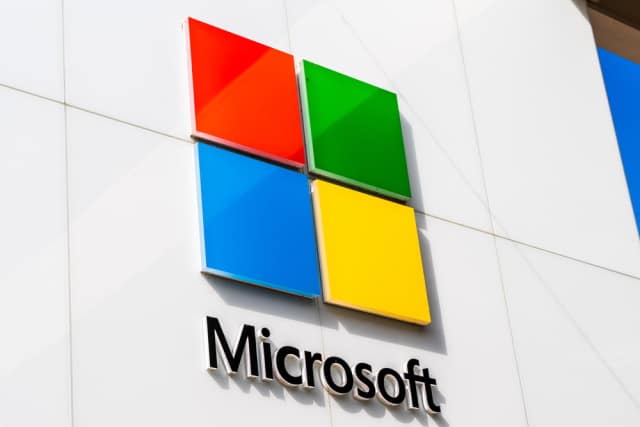Microsoft issues emergency update to fix game performance problems caused by KB5000842 and KB5001330

Microsoft has acknowledged that "a small subset of users have reported lower than expected performance in games" after installing one of two recent Windows 10 updates, and issued a rare type of fix.
Gamers complained about dropped framerates and poor performance after installing the KB5001330 update, and the same report came from those who installed the preview version of the same update, KB5000842. Now the company is using a fairly uncommon Known Issue Rollback (KIR) to resolve the problems, just after NVIDIA issued advice of its own to affected gamers.
See also:
- NVIDIA has a simple, possibly inadvisable, solution for poor game performance caused by problematic Windows 10 updates
- Microsoft announces surprise change to Windows 10 Aero Shake
- Microsoft is making it easy to speed up Windows 10 using 'Eco mode' resource throttling
Acknowledging the problems experienced by an undisclosed number of users, Microsoft says of KB001330: "A small subset of users have reported lower than expected performance in games after installing this update. Most users affected by this issue are running games full screen or borderless windowed modes and using two or more monitors".
There is a similar acknowledgement for the non-security, preview version of this update, KB000842.
Microsoft also explains what it is doing to address these game performance problems:
This issue is resolved using Known Issue Rollback (KIR). Please note that it might take up to 24 hours for the resolution to propagate automatically to consumer devices and non-managed business devices. Restarting your device might help the resolution apply to your device faster. For enterprise-managed devices that have installed an affected update and encountered this issue, it can be resolved by installing and configuring a special Group Policy.
A Known Issue Rollback is effectively a server side update, and is a relatively new technique used by Microsoft that was introduced earlier this year. Last month, the company explained:
Known Issue Rollback is an important Windows servicing improvement to support non-security bug fixes, enabling us to quickly revert a single, targeted fix to a previously released behavior if a critical regression is discovered.
Eric Vernon goes on to say:
When Microsoft decides to rollback a bug fix in an update because of a known issue, we make a configuration change in the cloud. Devices connected to Windows Update or Windows Update for Business are notified of this change and it takes effect with the next reboot.
Once this happens, the Know Issue Rollback infrastructure will start reporting that the fix -- the new code that has a problem -- is no longer enabled. From this point on, the OS will fall back to the previous code that had a bug albeit a much more benign issue than the new code that has a problem.
As this KIR is controlled by Microsoft server side, there is nothing you need to do. Just sit back and wait, and the problematic code will be disabled so game performance should get a boost.
Image credit: Sundry Photography / Shutterstock
